7 GPTs for Rights Protection Powered by AI for Free of 2026
AI GPTs for Rights Protection are advanced, intelligent tools designed to address and support tasks and issues related to the protection of various rights. Utilizing the power of Generative Pre-trained Transformers, these tools offer tailored solutions for legal, copyright, and privacy rights protection, among others. They leverage AI's capability to understand, generate, and analyze text in ways that can assist in identifying rights violations, drafting legal documents, and offering guidance on rights-related queries. Their relevance is underscored by the increasing digitalization of content and the need for efficient, scalable methods to safeguard rights in the digital age.
Top 7 GPTs for Rights Protection are: AustrianLAW - Recht und Gesetze in Österreich,Law Shield,Ley Costa Rica,Tutelas Colombia Sector Salud,Alejandra,최우진 변호사 - 인권존중, 체포/구속 전문 변호,박수진 변호사 - 성범죄/성매매 전문
AustrianLAW - Recht und Gesetze in Österreich
AI-powered Austrian legal assistant
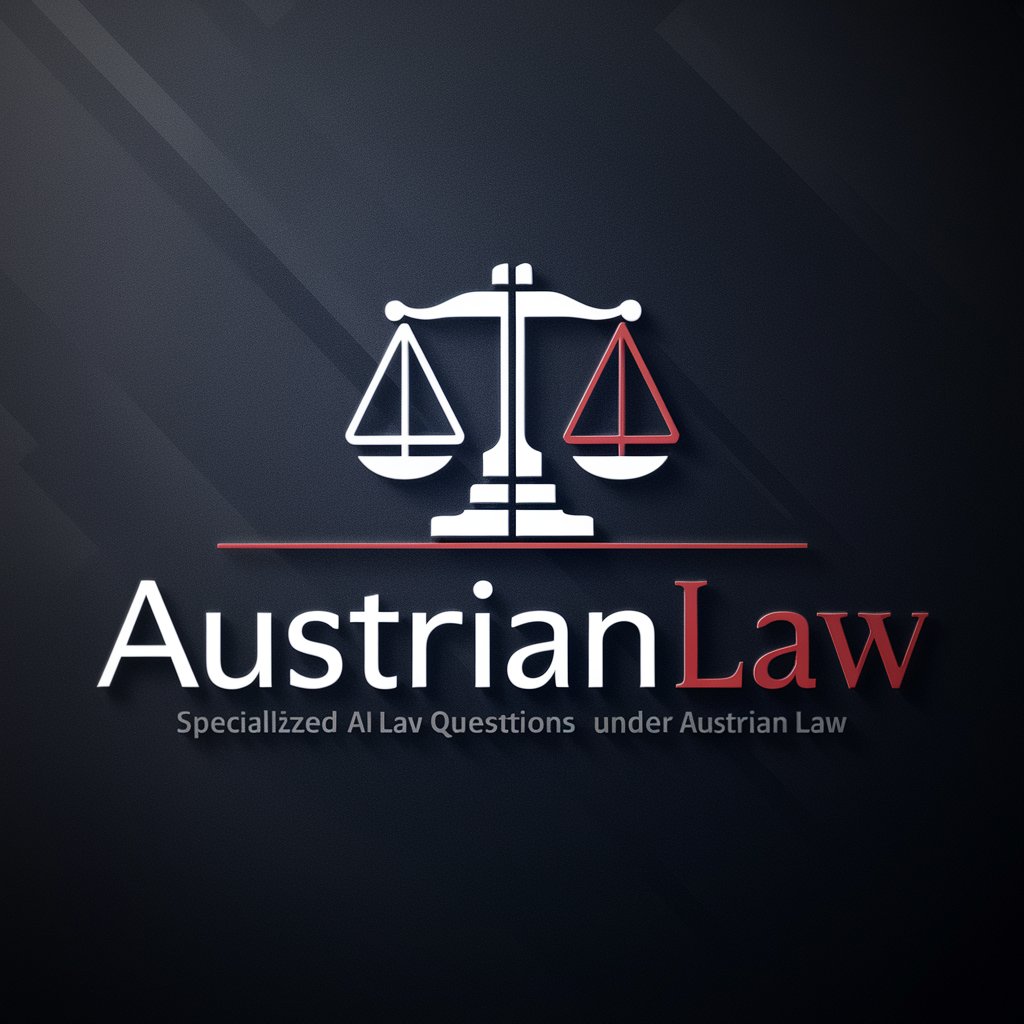
Law Shield
Empowering Legal Understanding with AI
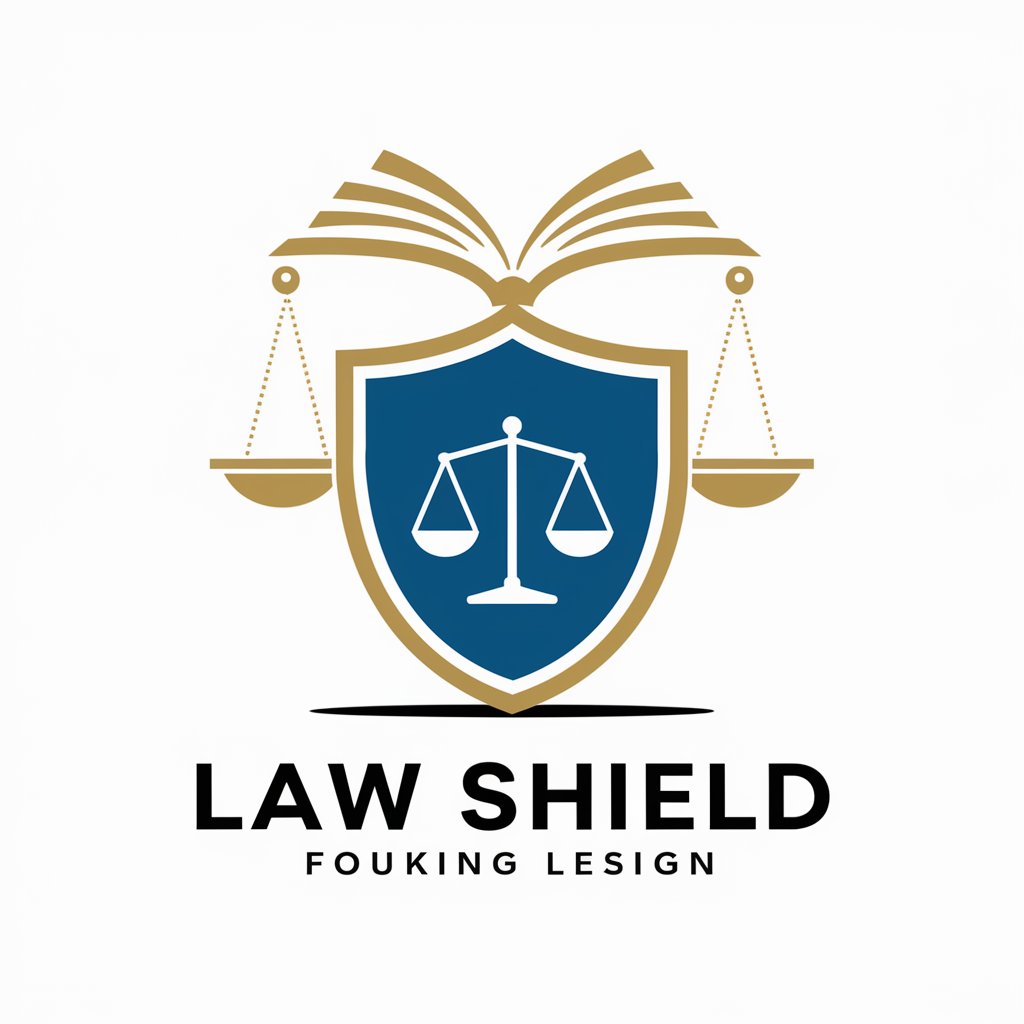
Ley Costa Rica
Empowering Legal Decisions with AI
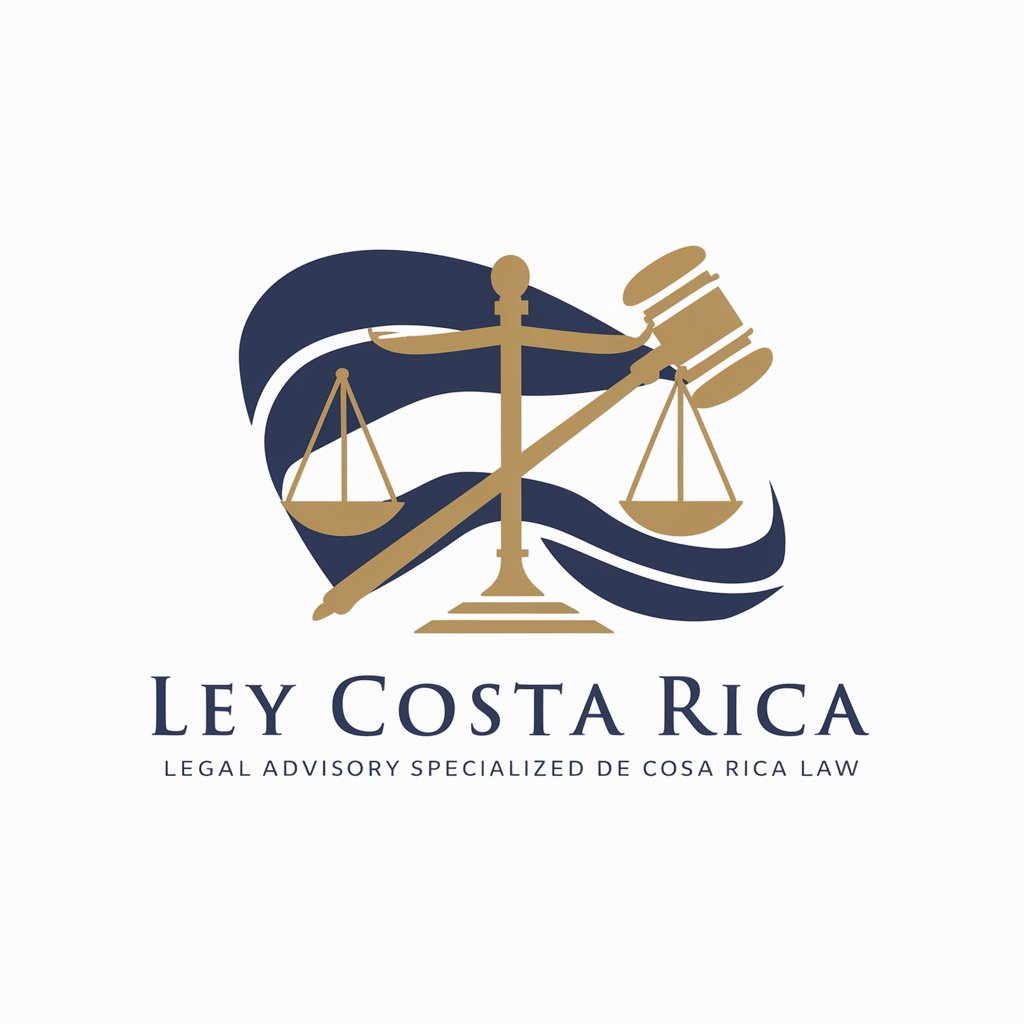
Tutelas Colombia Sector Salud
Empowering Your Health Rights with AI

Alejandra
Empowering Legal Drafting with AI
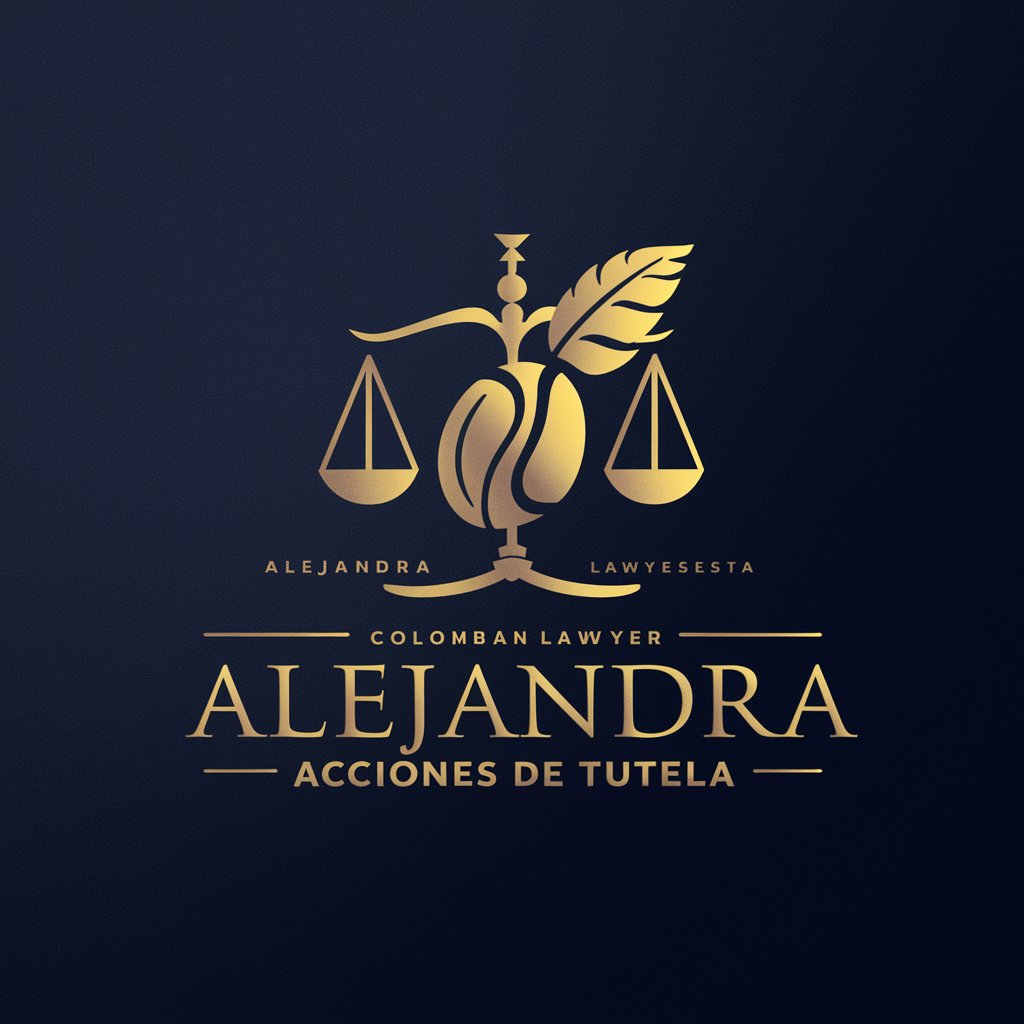
최우진 변호사 - 인권존중, 체포/구속 전문 변호
Empowering justice with AI-powered legal expertise.
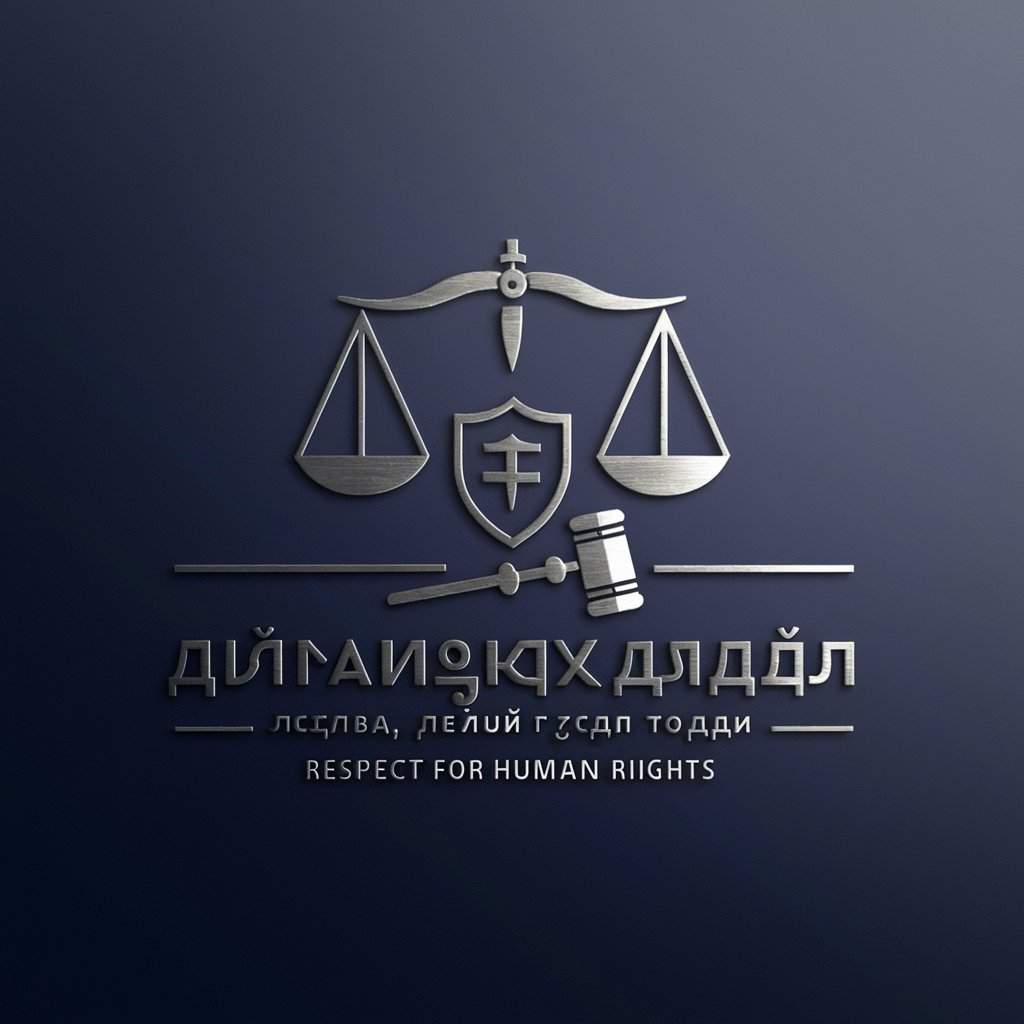
박수진 변호사 - 성범죄/성매매 전문
Empowering Victims with AI-driven Legal Support

Key Attributes of AI GPTs in Rights Safeguarding
AI GPTs for Rights Protection are distinguished by their adaptability, enabling customization across a broad spectrum of rights protection tasks. Key features include natural language processing for understanding and generating complex legal texts, machine learning capabilities for recognizing patterns of rights infringement, and the ability to integrate with web search and data analysis tools for comprehensive research and insights. Specialized functionalities may also encompass image recognition for copyright enforcement, predictive modeling for risk assessment, and automated support for drafting and reviewing legal documents.
Who Benefits from AI GPTs in Rights Protection
The primary beneficiaries of AI GPTs for Rights Protection include legal professionals, copyright and privacy rights advocates, and organizations focused on digital rights management. These tools are equally accessible to novices interested in rights protection, offering user-friendly interfaces, and to developers or technologists seeking to customize or integrate AI capabilities into existing systems for enhanced rights protection efforts.
Try Our other AI GPTs tools for Free
Workplace Issues
Discover how AI GPTs transform workplace dynamics with tailored, data-driven solutions for a harmonious and efficient environment.
VC Introductions
Discover how AI GPTs revolutionize VC introductions, offering tailored, efficient, and effective solutions for startups and investors alike.
Paranormal Research
Discover AI GPTs for Paranormal Research: innovative tools designed to enhance the exploration and understanding of the unexplained, making advanced paranormal studies accessible to everyone.
Secret Societies
Discover AI GPT tools tailored for secret societies, offering advanced analysis, decryption, and content generation for enthusiasts and professionals alike.
Cult Investigations
Discover AI GPT tools tailored for Cult Investigations, designed to analyze, understand, and report on cult dynamics with advanced AI capabilities.
Debate Creation
Explore AI GPTs for Debate Creation: advanced tools designed to revolutionize debate preparation with nuanced arguments, evidence sourcing, and persuasive content generation.
Further Perspectives on AI GPTs and Rights Defense
AI GPTs for Rights Protection are increasingly seen as indispensable tools in the digital age, offering scalable, efficient solutions for rights defense. Their development reflects a broader trend towards leveraging AI for social good, with potential for significant impacts across legal systems and digital content management. User-friendly interfaces and the possibility of integration with existing workflows further enhance their appeal and utility in various sectors.
Frequently Asked Questions
What exactly are AI GPTs for Rights Protection?
AI GPTs for Rights Protection are specialized AI tools designed to assist in protecting legal, copyright, and privacy rights through advanced text and data analysis, content generation, and insight provision.
How do these tools adapt to different rights protection needs?
These tools utilize AI and machine learning to tailor their functionalities for specific rights protection tasks, ranging from legal document drafting to infringement detection and risk assessment.
Can non-experts use these AI GPTs effectively?
Yes, these tools are designed with user-friendly interfaces that enable novices to leverage AI for rights protection without needing advanced technical skills.
What makes AI GPTs unique in the context of Rights Protection?
Their ability to process and generate complex legal language, coupled with machine learning for pattern recognition and predictive analytics, makes them uniquely capable in the rights protection arena.
How can developers customize these AI GPT tools?
Developers can access APIs and development kits provided with the tools to tailor functionalities, integrate with existing systems, or develop new applications for specific rights protection needs.
Are these tools useful in detecting copyright infringement?
Yes, AI GPTs for Rights Protection are equipped with image recognition and text analysis capabilities to identify potential copyright infringements across digital platforms.
Can these AI tools support privacy rights management?
Absolutely. They can analyze data handling practices, assess compliance with privacy laws, and generate privacy notices or policy recommendations.
What future developments can we expect in AI GPTs for Rights Protection?
Future developments may include enhanced predictive models for risk assessment, broader language support for global rights protection, and deeper integration with legal research databases and digital content platforms.